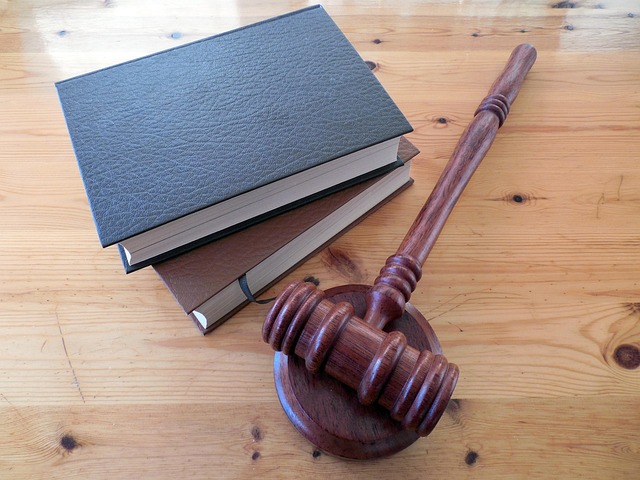
Exploring Legal Regulations in IT Hardware Industry
In the fast-paced world of Information Technology (IT), the hardware industry stands at the core of innovation and advancement. With ever-evolving technologies pushing the boundaries of what is possible, the significance of legal regulations in this sector cannot be overstated. These regulations serve as a guiding framework, ensuring that businesses operate within the law while fostering a healthy competitive environment.
Legal regulations in the IT hardware industry encompass a wide range of areas, including intellectual property rights, environmental standards, and product safety requirements. For manufacturers and developers, understanding these laws is crucial. Failures to comply can lead to hefty fines, damage to reputation, or even the shutdown of business operations. Moreover, as technology continues to advance, regulatory frameworks also need to adapt, which can be a daunting task for industry players.
One significant aspect of legal regulation in this field revolves around intellectual property. With the frequency of software and hardware innovations, protecting proprietary technology and ideas has become paramount. Companies must navigate patents, trademarks, and copyrights to shield their unique creations from being replicated or misused. This not only encourages investment in research and development but also promotes a culture of creativity within the industry.
Beyond intellectual property, compliance with safety standards is another critical area affected by legal regulations. Hardware manufacturers must ensure their products meet rigorous safety requirements before they hit the market. This not only protects consumers but also mitigates legal risks for companies. Regulations such as the WEEE (Waste Electrical and Electronic Equipment) directive and RoHS (Restriction of Hazardous Substances) compliance act to create a sustainability ethos within the IT hardware ecosystem, urging manufacturers to take responsibility for the lifecycle of their products.
Moreover, as global markets become increasingly interconnected, compliance with international regulations adds another layer of complexity. Different countries have unique legal landscapes, which can pose challenges for hardware producers looking to expand their reach. Understanding regional compliance, such as GDPR in Europe regarding data protection or import tariffs in various jurisdictions, is essential for success in the global marketplace.
However, the relationship between legal regulations and the IT hardware industry is not solely a burden; it also creates opportunities. Companies that embrace compliance are often better positioned to gain consumer trust. In an age where data breaches and security flaws dominate headlines, demonstrating a commitment to adhering to legal standards can distinguish a brand from its competitors. Furthermore, compliance can serve as a marketing tool, signaling to consumers that a company prioritizes safety and ethical practices.
In essence, legal regulation shapes the environment in which IT hardware operates. While it may seem onerous at times, these regulations exist to create a fair marketplace and protect consumers. As such, stakeholders in the hardware industry should view legal regulations not just as a set of constraints, but as essential components that uphold the integrity and innovation of the sector. As they navigate these complex waters, understanding and adapting to legal regulations will be key to sustained growth and success in the ever-evolving realm of Information Technology.



